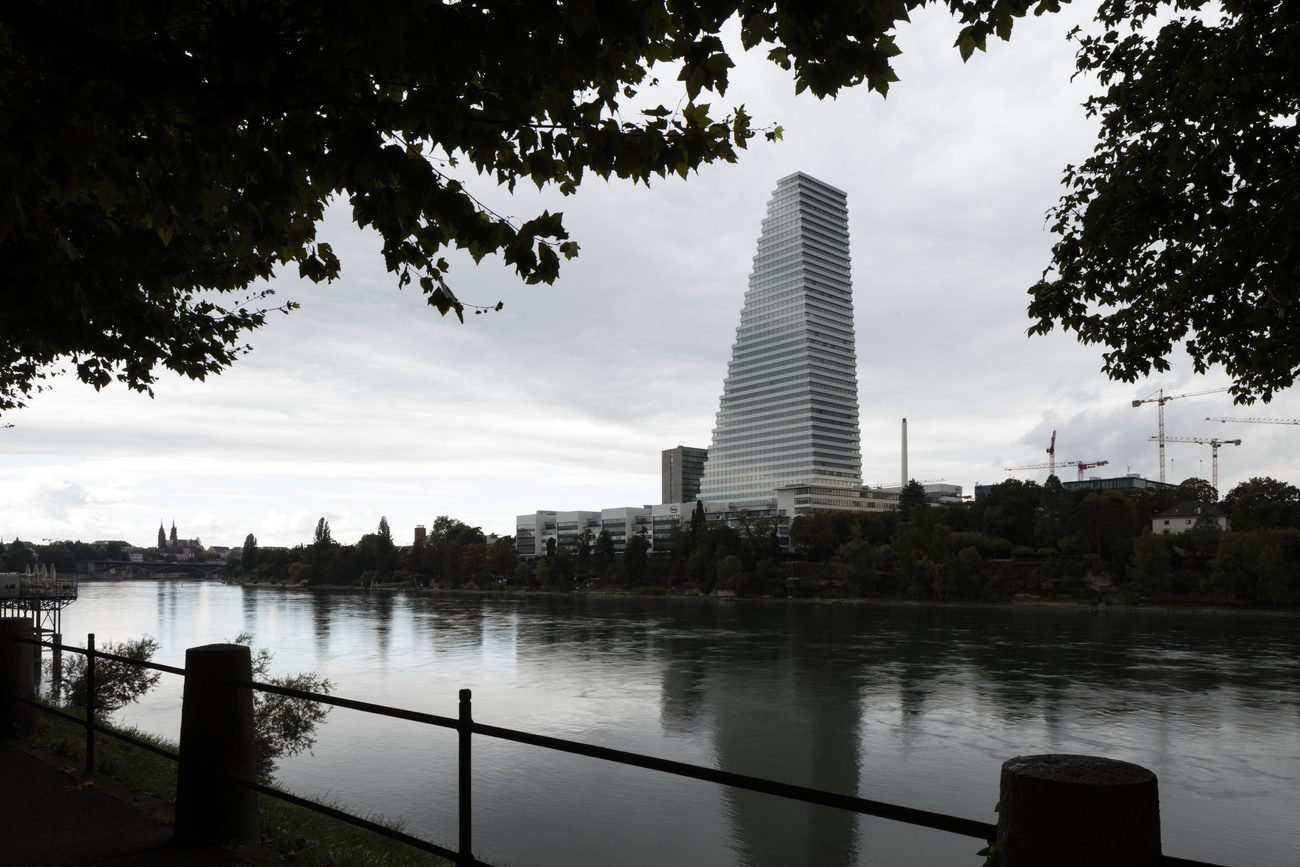
Swiss giant Roche given green light for lung cancer drug in Canada

Roche has been granted marketing authorisation for its drug Alecensaro by Health Canada. Alecensaro is an adjunct therapy for patients with early-stage ALK-positive lung cancer.
Want to read our weekly top stories? Subscribe here.
Health Canada, the Canadian regulatory authority for therapeutic products, issued the authorisation on June 27 citing an “urgent unmet need”, as stated in a press release published on Tuesday.

More
Roche taps AI to find cancer patients after trial success
Data from the phase III Alina study shows that Alecensaro (alectinib) reduced the risk of recurrence or death by 76% compared to chemotherapy alone in patients with early-stage ALK-positive lung cancer who had undergone tumour removal. Normally, approximately half of early-stage patients experience disease relapse following tumour surgery.
Lung cancer is one of the most common causes of cancer-related death worldwide. Approximately one in 15 women and one in 14 men in Canada will develop this type of cancer in their lifetime, Roche pointed out.
Translated from French by DeepL/sp
This news story has been written and carefully fact-checked by an external editorial team. At SWI swissinfo.ch we select the most relevant news for an international audience and use automatic translation tools such as DeepL to translate it into English. Providing you with automatically translated news gives us the time to write more in-depth articles.
If you want to know more about how we work, have a look here, if you want to learn more about how we use technology, click here, and if you have feedback on this news story please write to english@swissinfo.ch.

In compliance with the JTI standards
More: SWI swissinfo.ch certified by the Journalism Trust Initiative

























You can find an overview of ongoing debates with our journalists here . Please join us!
If you want to start a conversation about a topic raised in this article or want to report factual errors, email us at english@swissinfo.ch.